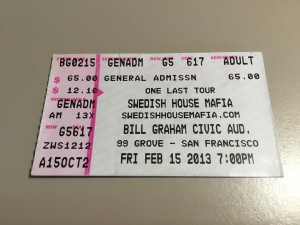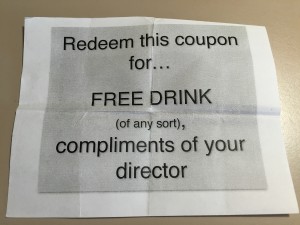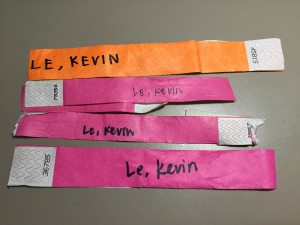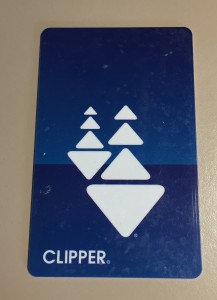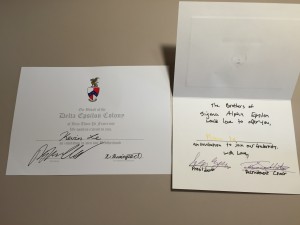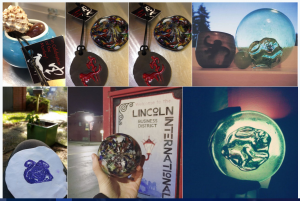Dear President Elect,
We are so excited to meet you in just a few days, and to welcome you to this community. We are excited to work alongside you as Puget Sound grows and evolves.
Before we get acquainted, I thought it might be nice for you to hear a little bit more about the students which it will be your duty to lead so very soon.
So, some things to know about Loggers:
1) Loggers will ask hard questions, sometimes to you.
We want this school to be the best, most inclusive space it can be. We want to be rigorous and supportive, challenging and kind. We will ask you to help us get there. We will work hard, and we will ask the same of you. We cannot and will not stand back in the face of any and all injustice, and we ask that you take our hands and join us in the journey to make Puget Sound–and beyond–an equitable and progressive place.
2) Loggers are passionate, and we will offer our passions to you.
We will open our club meetings, our presentations, our banquets, our concerts to you, and we will sincerely invite you to attend, so that you can see what makes us happy. You’ll see some interesting things, I promise.
3) Loggers love the Pacific Northwest, and we hope you will love it alongside us
We are immeasurably lucky to live in this beautiful place, with our mama mountain high above us and the Sound bookending our city. We love to explore–to hike, backpack, kayak and so much more–and we hope you’ll appreciate our home as much as we do
4) Loggers value our city, and we hope you will engage with it as we do.
Tacoma is fascinating and beautiful and diverse and worth exploring, and we enjoy getting off our campus and being a part of this city. We think you will too, and we hope it will be a part of your work here to bring community members onto campus and vice versa.
We so look forward to meeting you. You’ve got almost 3000 hardworking, smart, engaged students, plus an amazing faculty and staff, looking forward to working alongside you.
See you soon.
Best,
A Logger <3

